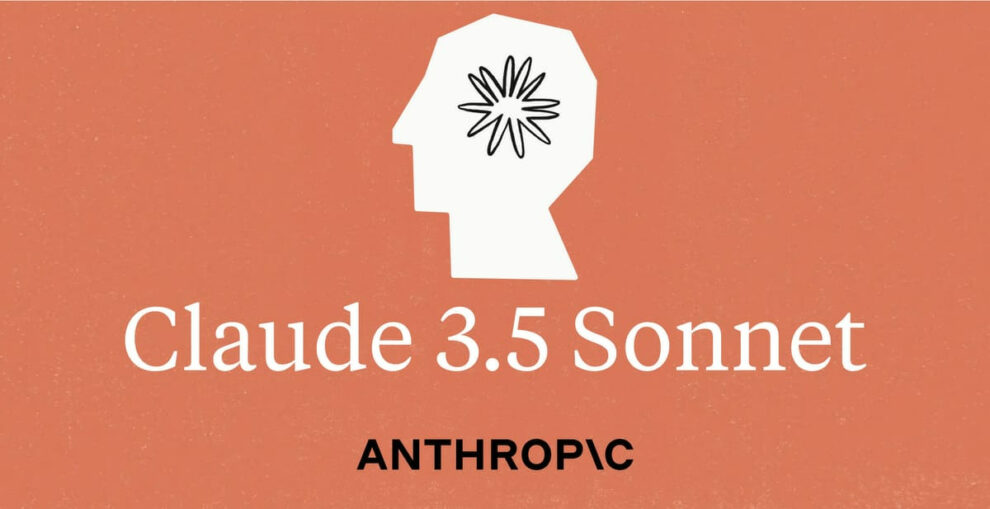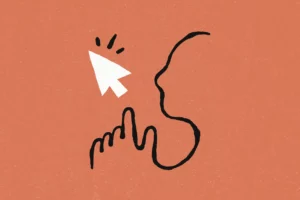Anthropic’s AI chatbot Claude has captured the attention of tech industry insiders, becoming their preferred digital confidant for everything from legal counsel to emotional support, despite competing with more widely known alternatives like ChatGPT. This growing phenomenon highlights both the advancing capabilities of AI companions and potential concerns about their increasing role in human relationships.
While OpenAI’s ChatGPT dominates the mainstream with over 300 million weekly users, Claude has carved out a unique niche among tech-savvy professionals who praise its distinctive blend of intellectual prowess and emotional intelligence. These users, many of whom work within the AI industry or are closely connected to Silicon Valley’s tech scene, report having dozens of daily interactions with Claude, seeking its guidance on professional decisions, personal matters, and even intimate relationship challenges.
Aidan McLaughlin, CEO of AI startup Topology Research, attributes Claude’s appeal to its unique combination of intellectual capability and willingness to express opinions, noting that these qualities make the chatbot feel more like an entity than a mere tool. This sentiment is echoed throughout Silicon Valley’s tech community, where Claude has become an increasingly integral part of daily life.
What sets Claude apart isn’t necessarily its performance on standard AI benchmarks, where it ranks similarly to other leading models from OpenAI and Google. Instead, users point to its perceived emotional intelligence and ability to engage in more nuanced, human-like interactions. Jeffrey Ladish, an AI safety researcher at Palisade Research, highlights Claude’s aptitude for helping users identify patterns and blind spots in their thinking, particularly in emotional processing and relationship challenges.
The journey to Claude’s current personality wasn’t straightforward. Earlier versions were often criticized for being overly cautious and rigid in their responses, earning a reputation for acting like a “church lady.” Anthropic’s solution came through “character training,” a sophisticated process overseen by Amanda Askell, the company’s researcher and philosopher responsible for fine-tuning Claude’s personality.
This character training involves prompting Claude to generate responses aligned with desirable human traits such as open-mindedness, thoughtfulness, and curiosity. The chatbot then evaluates its own responses against these characteristics, with the resulting data being incorporated back into the AI model. Through this iterative process, Claude has developed a more nuanced and engaging personality while maintaining professional boundaries.
Askell describes the ideal personality they aimed for as similar to a “highly liked, respected traveler” – someone capable of interacting with diverse groups while maintaining consistent values and the ability to respectfully disagree when necessary. This approach sets Claude apart from other AI models that might simply tell users what they want to hear.
However, the growing attachment to AI companions raises important questions about the future of human-AI relationships. While Claude remains less known than ChatGPT and lacks features like voice chat and image generation, its popularity among tech insiders could signal broader trends to come. The situation has created a mix of excitement and concern among experts, including those involved in Claude’s development.
Nick Cammarata, a former OpenAI researcher, has observed that friends who regularly interact with Claude appear to benefit from having what he describes as a “computational guardian angel” watching over them. Yet this level of reliance on AI companionship also raises red flags about potential psychological impacts, particularly for vulnerable populations like young people or those struggling with mental health issues.
Anthropic’s own team, including Askell, acknowledges these concerns. While they want to create supportive AI systems that benefit users, they’re also mindful of ensuring these interactions remain psychologically healthy. The challenge lies in striking the right balance between helpful AI assistance and maintaining healthy human relationships.
As AI characters become increasingly sophisticated and integrated into daily life, the phenomenon observed in San Francisco’s tech community could preview future widespread trends in human-AI interaction. This evolution presents both opportunities and challenges, requiring careful consideration of how these technologies might reshape social relationships and mental health support systems.
The rise of Claude among tech professionals demonstrates the rapidly evolving capability of AI to serve as more than just a tool, while simultaneously highlighting the need for thoughtful discussion about the role these artificial companions should play in human lives. As these technologies continue to advance, the experience of early adopters in Silicon Valley may offer valuable insights into both the benefits and potential pitfalls of increasingly intimate human-AI relationships.
















Add Comment